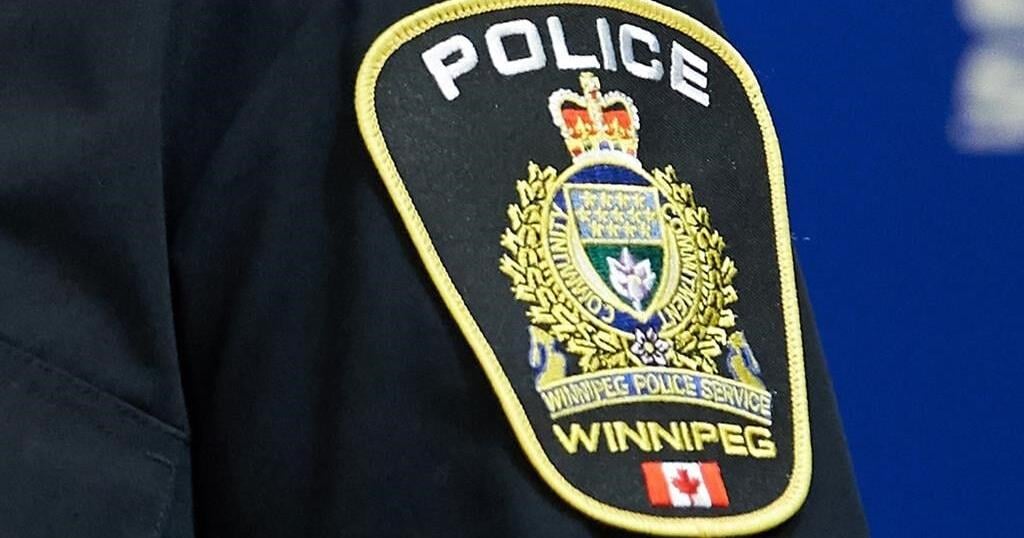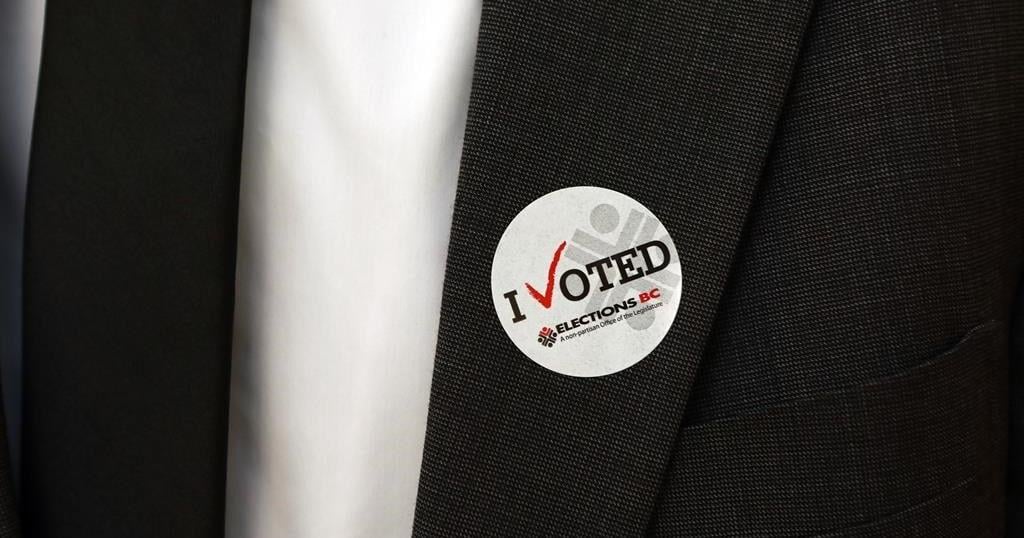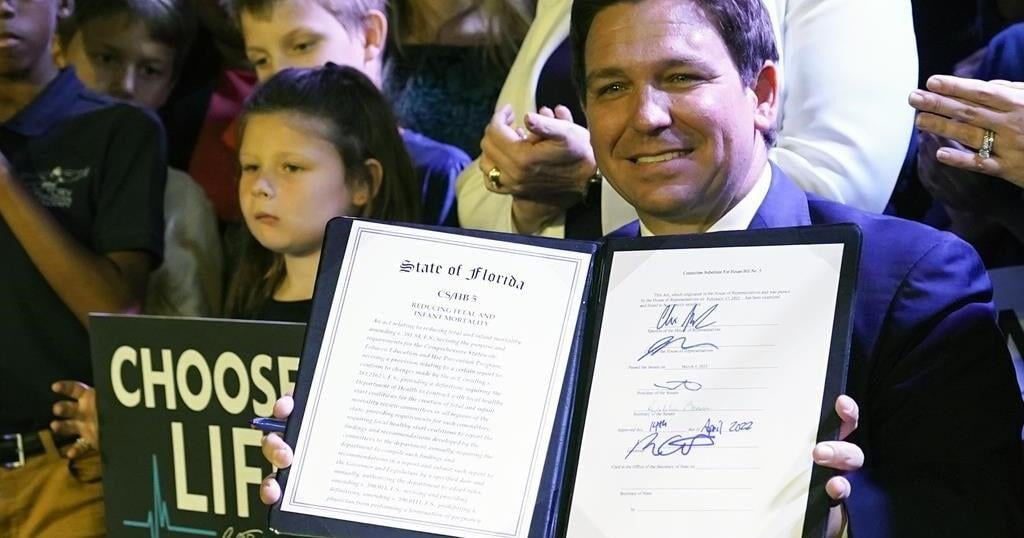At Okini Restaurant and Bar in Vancouver, co-owners Steph Wan and Kevin Lin craft gorgeous plates of AAA steak served with duck fat potatoes and broccolini, and golden eagle sablefish doused in a fuji apple broth and adorned with zucchini.
But it’s the clientele feasting on these meals that make the restaurant stand out. The dishes are meant for dogs and join a milk bone-rimmed “pawgarita” and a beef liver-dusted and pepperoni-topped “pawtini” on the small, pet-friendly menu Okini offers.
“The reaction has been crazy; like more than I anticipated,” Wan said. “Everyone’s really excited about it.”
Okini’s efforts to ensure pets that tag along with their owners can fill their bellies too comes as a growing number of restaurants are adding dog-centric dishes to their menus.
Across Canada, there are now wineries selling “barkuterie boards,” bars with mini picnic tables dogs can use to nibble on treats and dining establishments delivering non-alcoholic beer, cottage pie or peanut butter and ice cream to pups on their “pawtios.”
Even big chains are in on the trend with A&W Canada offering $2 grass-fed beef patties for dogs last month and Shake Shack Canada selling vanilla custard laden with Wufers biscuits. Starbucks has similarly been known to dole out cups of whipped cream some dub “puppuccinos” or “pup cups.”
Matt Davis, the director of reservation company OpenTable’s Canadian business, suspects the increase in restaurants catering to dogs stems from a boom in pet ownership that shows no signs of slowing.
The Canadian dog population rose by 200,000 to 7.9 million between 2020 and 2022, the Canadian Animal Health Institute has said.
“There seemingly (are) pets everywhere,” Davis said, noting that pups are plentiful when he’s out in Vancouver or visiting Toronto.
“People are becoming more attached to them and they just like to be with them more frequently.”
A May survey OpenTable commissioned of 1,000 dog owners in Canada found more than one-third dine out with their pets and 46 per cent take part on a weekly basis.
At Lobster Burger Bar in Toronto, not a day goes by without someone ordering from the “paws to claws” menu, said Christopher Chan, the restaurant’s director of operations.
“We give the dogs little tables they can eat at, but I’d say half the owners like to pick them up and like them to eat at their table,” he said.
While many need no excuse to bring Fido along for $11 cups of Thanksgiving turkey, zesty rosemary chicken or salmon meals from Puppy Gang Fresh Foods, Chan has noticed birthdays bring out plenty of dogs.
“That’s probably the No. 1 (occasion they visit for) and if they don’t get a seat, they’re so upset,” he said.
Lobster Burger Bar’s interest in catering to dog owners stemmed from the restaurant’s late owner Marcel Schneebeli, who noticed pet ownership soaring during the pandemic, when many people were home alone and seeking companionship.
Once lockdowns and other health measures lifted, these new pet owners realized there were few restaurants willing to welcome animals.
“Even if there was outdoor seating, sometimes dogs weren’t allowed,” Okini’s Wan recalled. “There were just so many restrictions in my city.”
OpenTable’s research found 62 per cent of dog owners have experienced difficulty finding pet-friendly spots, though it’s becoming an easier task in recent years because the pandemic convinced some provinces, including Ontario, to rework laws to allow dogs into some parts of restaurants.
Wan and Lin, who own Boston terrier Tobiko and Pannacotta, a Maltese-Pekingese, were keen to be part of the wave of change.
After rounds of taste testing from their own dogs, they opened their patio to animals in late May and quickly found a canine customer base.
But it’s unclear how long the demand for such offerings will remain.
A recent survey of 300 Canadians from financial services firm Stifel found 41 per cent of respondents planned to decrease their spending on pet food and accessories over the next 12 months. Almost 60 per cent, however, expected to increase spending in these areas.
Davis predicted there’s no end in sight for the dog-friendly menu. In fact, what restaurants like Okini are doing is just the beginning, he said.
“You go into a grocery store in Los Angeles and there are dogs just everywhere, as if they were just part of the normal consumer that would be in a grocery store,” Davis said.
“So in my mind, I think this is only going to increase.”
This report by The Canadian Press was first published July 14, 2024.






















